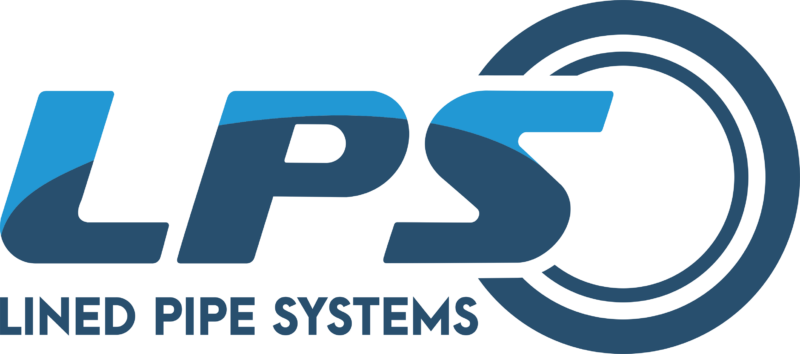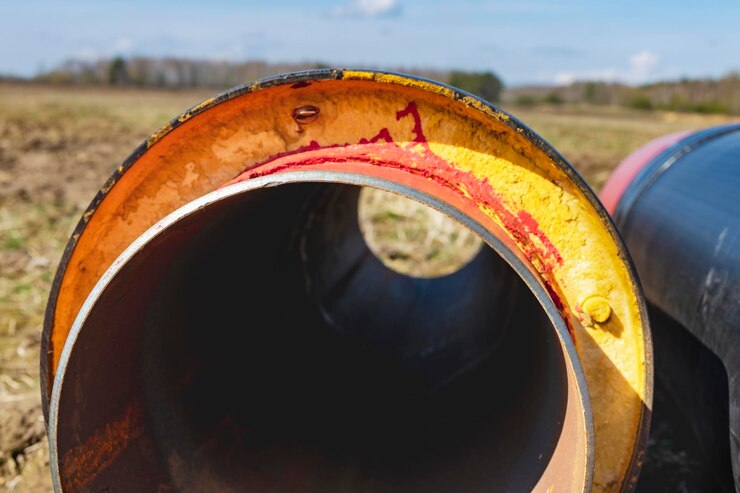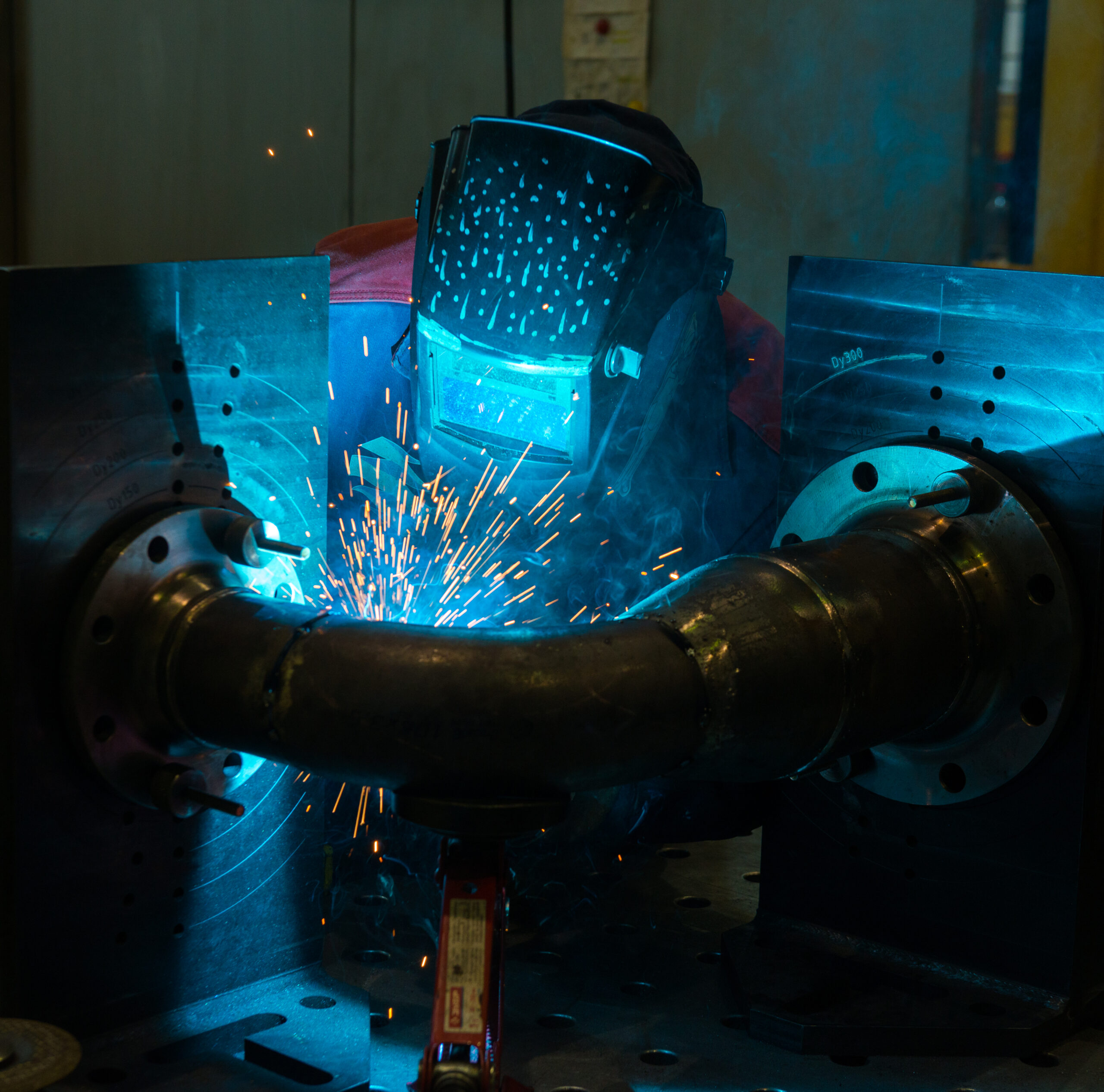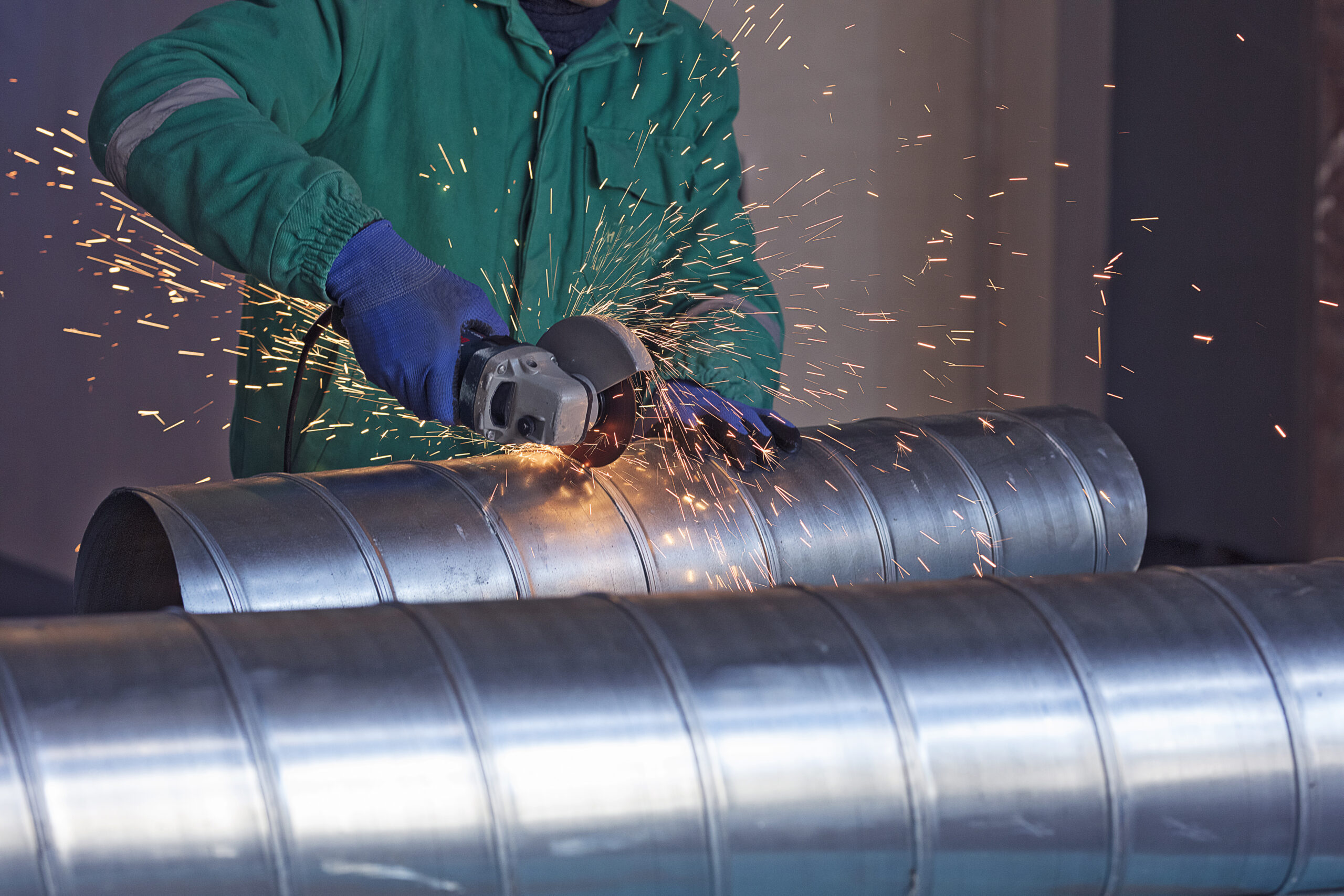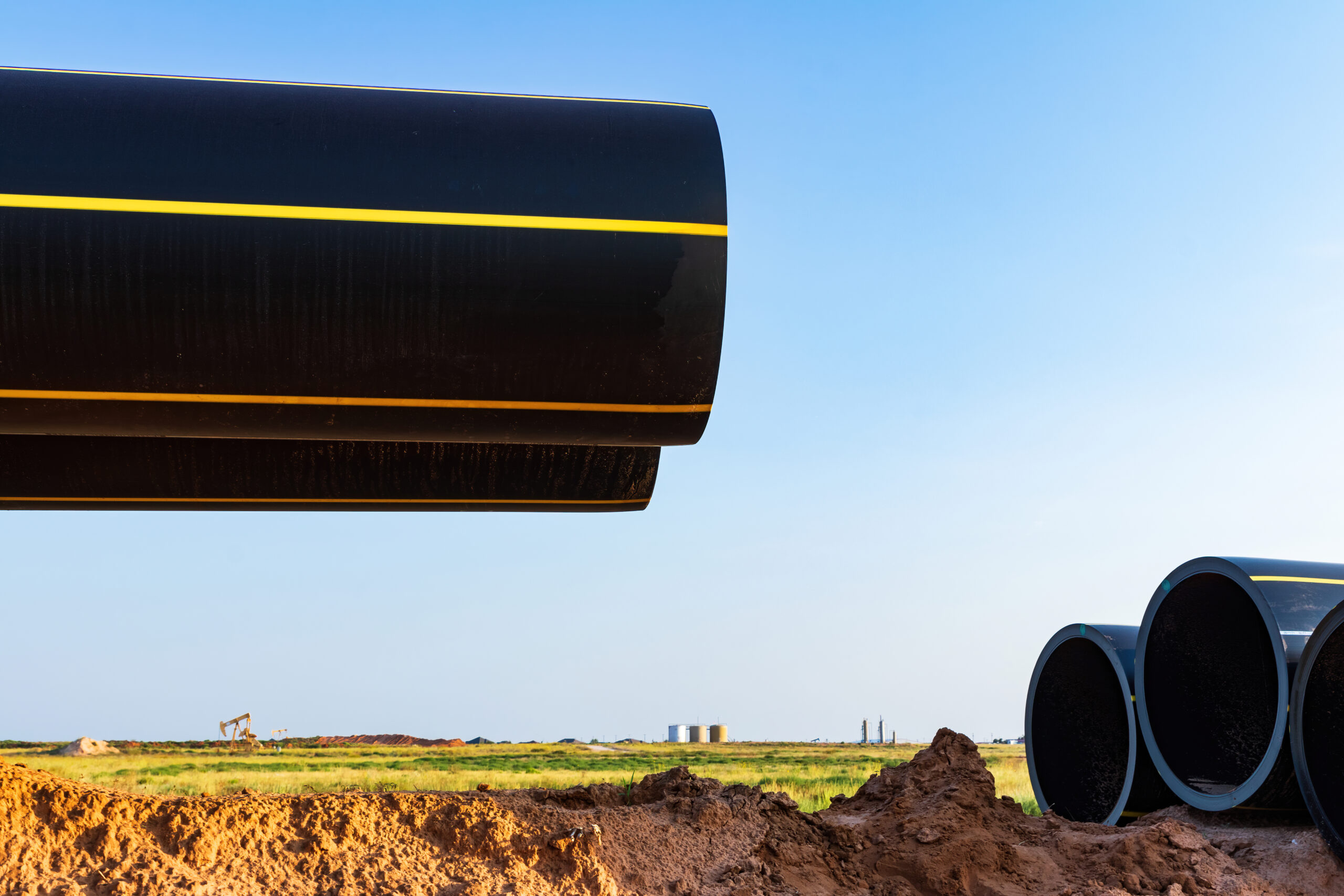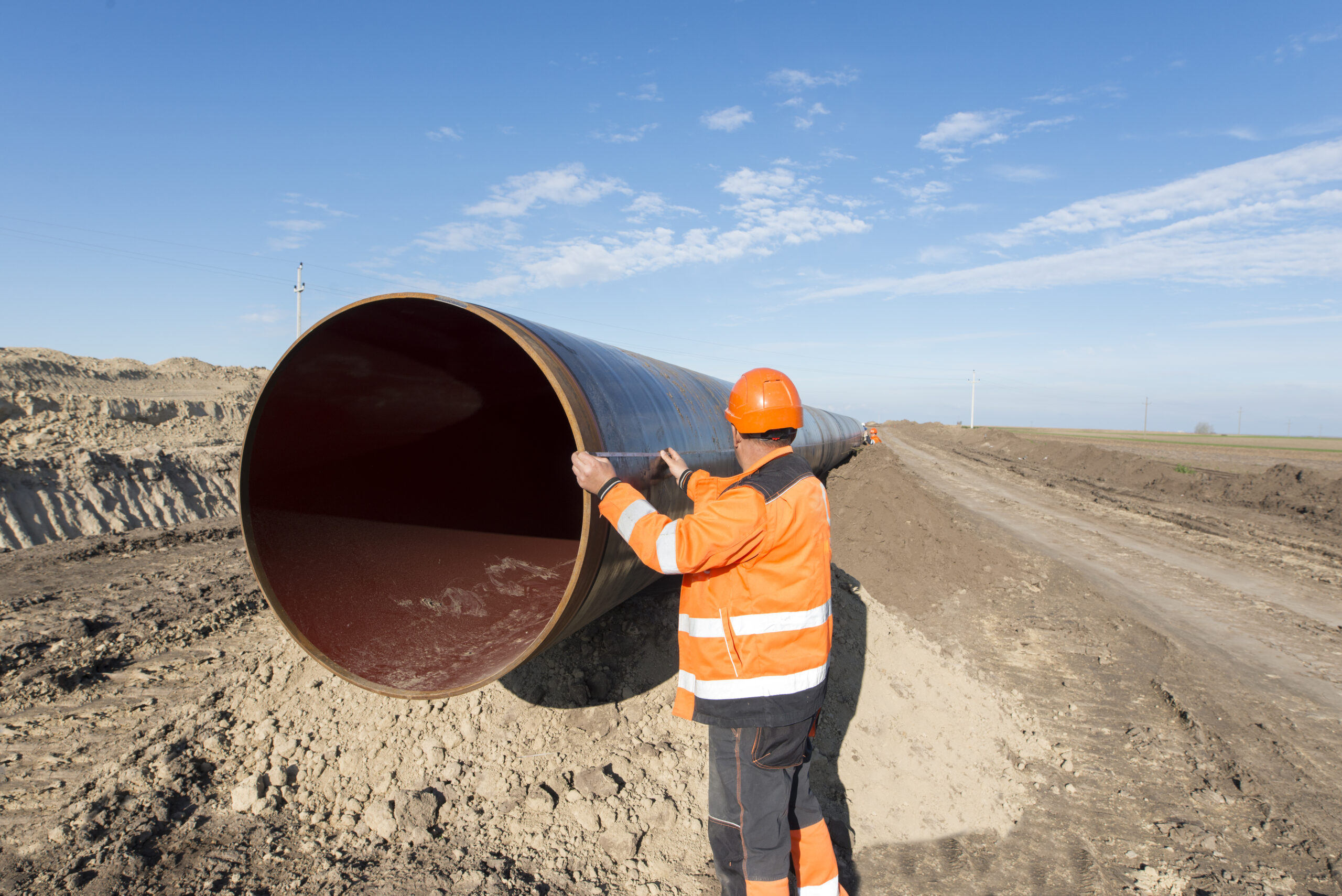Corrosion protection is a critical concern for the oil and gas industry, as pipelines play a pivotal role in transporting vital resources across vast distances.
Pipeline integrity works as a strong pillar in making sure the pipeline works well and doesn’t let out any harmful chemicals. This involves everything from designing the pipeline to making sure it operates safely and efficiently.
However, to keep pipelines working properly, it’s essential to use advanced technologies that offer long-lasting solutions.
Such groundbreaking technologies are introduced by LPS (Line Pipe Systems), which has emerged as the best choice for safeguarding pipelines against corrosion.
In this blog, we will explore how LPS is revolutionizing pipeline integrity and why it should be the go-to solution for the oil and gas industry.
Significance of Corrosion Protection
Corrosion protection is crucial in industries like oil and gas, transportation, infrastructure, and manufacturing. Without it, pipelines can be compromised, leading to leaks, environmental contamination, and safety hazards.
Moisture, chemical reactions, and environmental factors all contribute to corrosion.
Implementing measures like coatings, cathodic protection, corrosion-resistant materials, and protective coatings can minimize the risk of corrosion and protect pipelines.
Technology Behind LPS: How it Shields Pipelines from Corrosion
LPS is revolutionizing pipeline integrity through cutting-edge solutions for corrosion protection. The solutions for maintaining the pipeline integrity include:
FlexSleeve™ for Corrosion Protection
FlexSleeve™ is a special cover for carbon steel pipes with welded joints. It helps protect the inside of the pipe from corrosion, which can weaken it over time.
Unlike traditional sleeves, FlexSleeve™ is light and flexible, making it easy to put on and it fits well. It also seals the joint tightly, preventing any liquid from getting in. This means it can be used even if there are holes in the pipe or if there’s no weld at all.
FlexSleeve™ can handle high pressure and is compatible with different welding tools. It’s a simple but effective way to keep pipes strong and safe.
SealSleeve™ for Slurry Pipelines and Corrosion Protection
SealSleeve™ is a special lining for slurry pipelines that helps protect them from wear and corrosion. It’s different from traditional methods because it allows for strong welded joints instead of costly mechanical ones.
This makes construction faster and more affordable. SealSleeve™ is lined with a tough material that matches the pipe, and it has built-in seals and insulation to keep the lining intact even at the joints.
This LPS technology makes projects possible that might not be otherwise, and it prevents common leaks. It’s a reliable, cost-effective, and long-lasting solution for transporting slurry.
SealSleeve™ Welded Joints for Steel Pipe with Thermoplastic Liners
Thick, flexible thermoplastic liners like HDPE, PVDF, PPS, PEX, and PEEK are used for the safe transportation of corrosive materials in industries like oil production and mining.
The SealSleeve™ system by LPS enables strong welded joints by using a thermoplastic sleeve, ensuring a secure weld on the steel pipe. It’s a fast and safe method, protecting the plastic liner from welding heat and preventing contact with bare steel.
The process involves pulling and locking the liner in place, whether in a shop or the field. SealSleeve™ handles high-pressure tests up to 500 bar (7,200 psi) without a weld, providing an excellent seal with increasing pressure.
Internal Pipe Lining Material Polyurethane per AWWA C222
Corrosion is a major issue in pipeline infrastructure, costing billions annually for replacement and repairs. Combining the strengths of plastic and steel, polyurethane-lined steel pipes offer the best solution, merging strength with corrosion resistance.
Polyurethane outperforms epoxy in flexibility and impact resistance, making it an excellent choice for protecting pipelines. It effectively covers imperfections, reducing the risk of leaks.
Polyurethane’s resilience against foreign objects and abrasion is crucial during construction and operation. All three materials, including polyurethane, provide excellent corrosion protection when applied correctly.
LPS technology further enhances the use of polyurethane linings, offering a reliable solution for internal pipe protection.
Why is LPS the Best Choice for the Oil and Gas Industry?
Here are some factors that make LPS the best choice for the oil and gas industry:
1. State-of-the-Art Technology
Our SealSleeve™ system redefines industry standards, allowing for standard full-penetration welding of carbon steel pipes without compromising the integrity of thermoplastic liners. This breakthrough technology ensures faster joint assembly, preventing welding heat from affecting the plastic liner and safeguarding against corrosive damage to the steel beneath.
2. Compliance with Industry Standards
In an industry governed by rigorous standards and regulations, compliance is non-negotiable. LPS isn’t just a solution; it’s a benchmark.
LPS technology is rigorously tested and meets industry-specific standards for corrosion protection.
Our proven track record and compliance with regulatory requirements make us a trusted choice for pipeline operators seeking reliable solutions that adhere to industry best practices.
3. Unmatched Expertise
Behind every successful project lies a team of experts who don’t just meet expectations; they exceed them. At LPS, our dedicated professionals are equipped with a wealth of experience, ready to craft solutions that stand the test of time. When you choose LPS, you’re choosing a legacy of excellence.
4. Longevity and Cost-Efficiency
In the dynamic domain of pipeline management, the question of longevity and cost-efficiency dominates.
Traditional corrosion protection methods often require frequent reapplication and maintenance, resulting in substantial operational costs over time.
In contrast, LPS provides a long-lasting solution, significantly reducing the need for regular interventions and resulting in substantial cost savings.
5. Environmental Sustainability
LPS technology is engineered with environmental considerations in mind. Its long-lasting nature minimizes the need for frequent applications, reducing the overall environmental impact associated with corrosion protection measures.
Additionally, the formulation of LPS technology is designed to be eco-friendly, ensuring minimal harm to surrounding ecosystems.
6. Enhanced Safety and Reliability
Safety is the cornerstone of any thriving industry, and the oil and gas sector is no exception. Pipeline failures due to corrosion can have devastating consequences, including environmental disasters and economic losses.
By adopting LPS, the oil and gas industry can enhance safety measures and improve the overall reliability of their infrastructure.
The permanent protection provided by LPS ensures pipelines remain strong and dependable even in harsh conditions.
7. Adaptable to Diverse Environments
Engineers design LPS to excel in a wide range of environments, from arid deserts to humid coastal regions. The adaptability makes us a versatile choice for pipeline operators working in diverse geographic areas, providing consistent and reliable corrosion protection regardless of the surroundings.
8. Exceptional Testing Capabilities
Rigorously testing LPS-backed pipelines demonstrates their ability to handle high-pressure scenarios up to an astounding 500 bar (7,200 psi) without requiring additional welding. This level of performance ensures a tight and reliable seal, even under the most extreme conditions.
Conclusion
Corrosion protection is a non-negotiable aspect of maintaining pipeline integrity in the oil and gas industry. With the advent of LPS, a permanent and reliable solution is now within reach.
By adopting this revolutionary technology, pipeline operators can not only enhance safety and reliability but also realize significant cost savings in the long run.
It’s time to revolutionize pipeline integrity with LPS and secure the future of the oil and gas industry.
